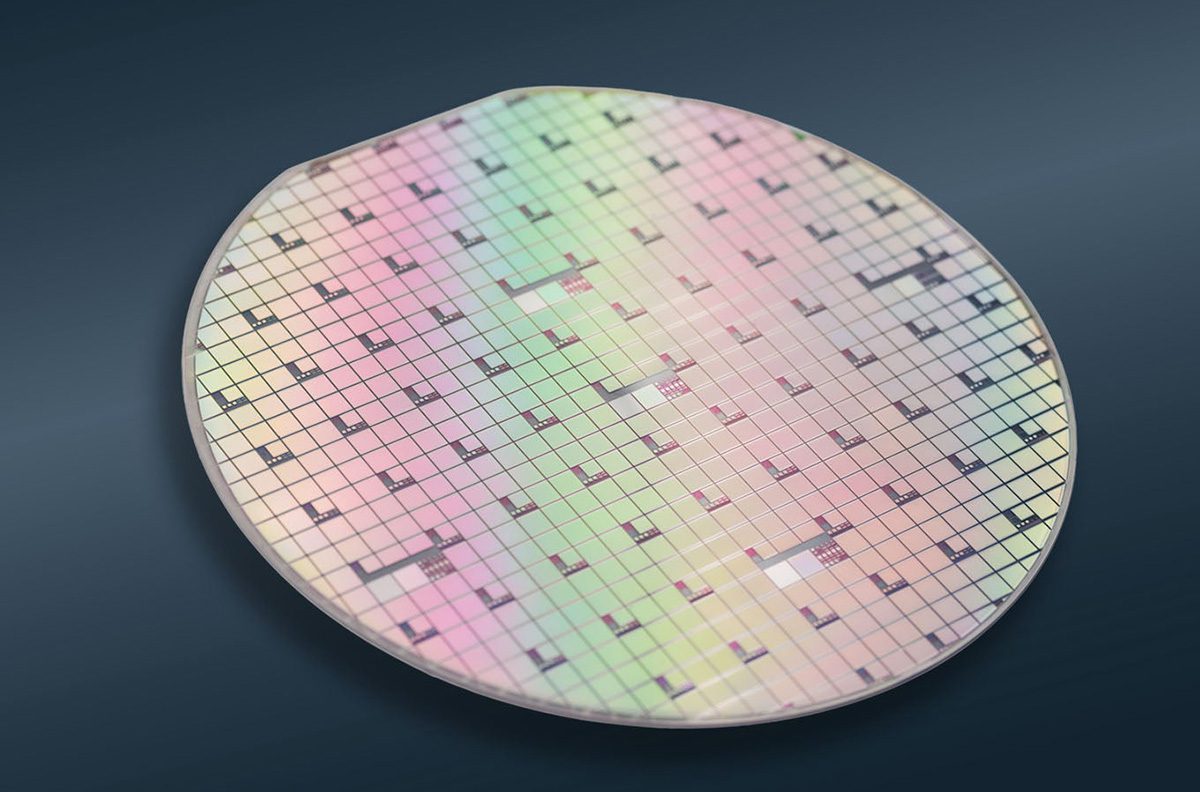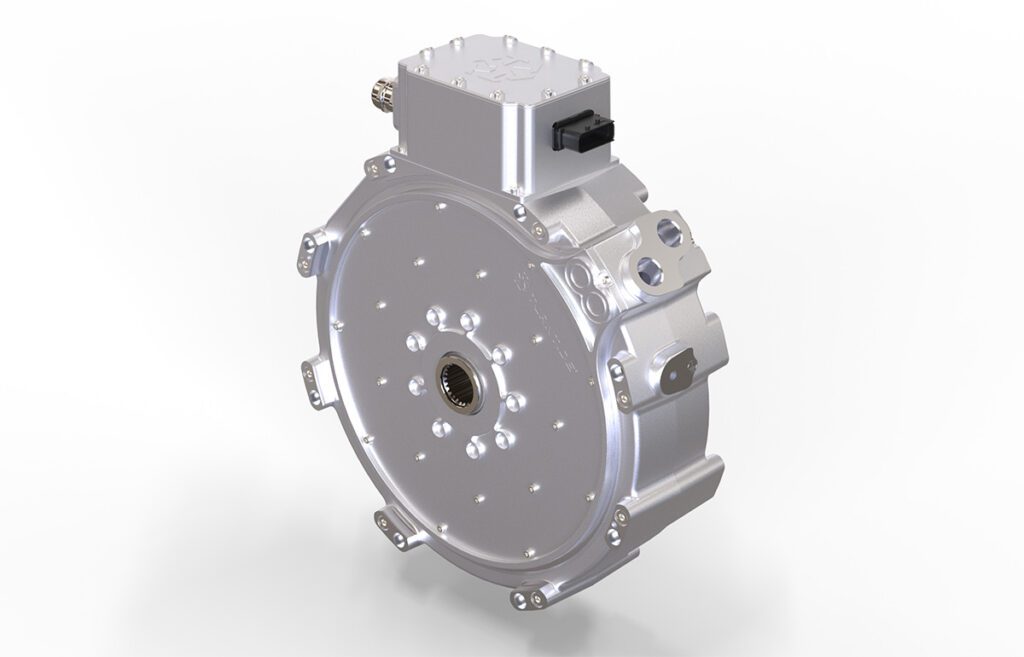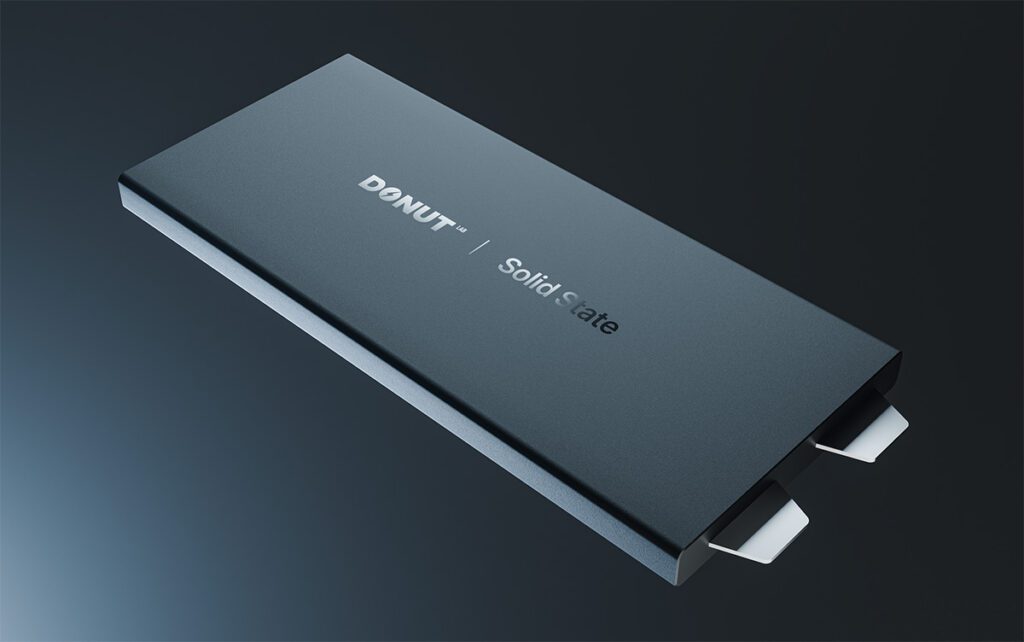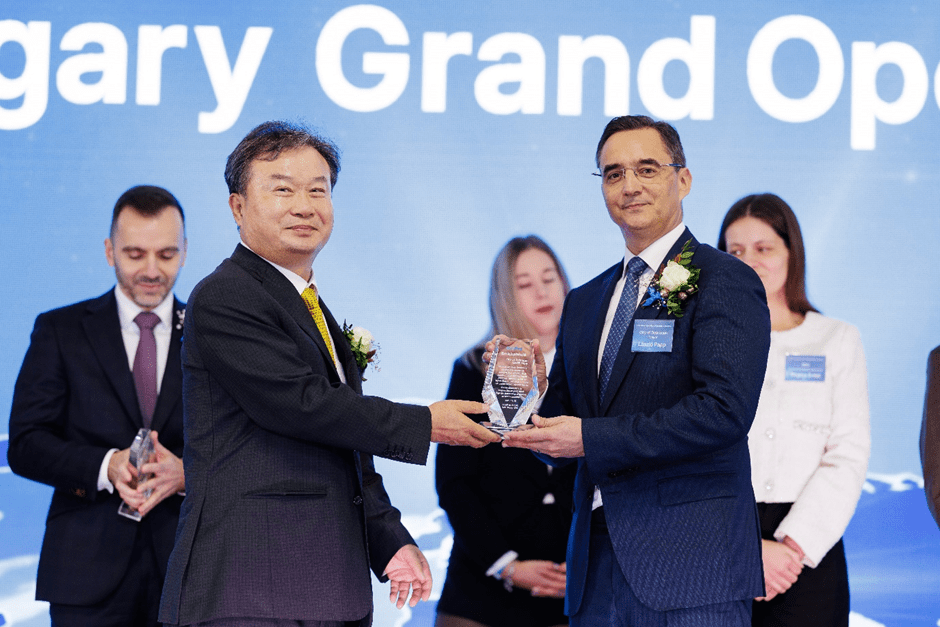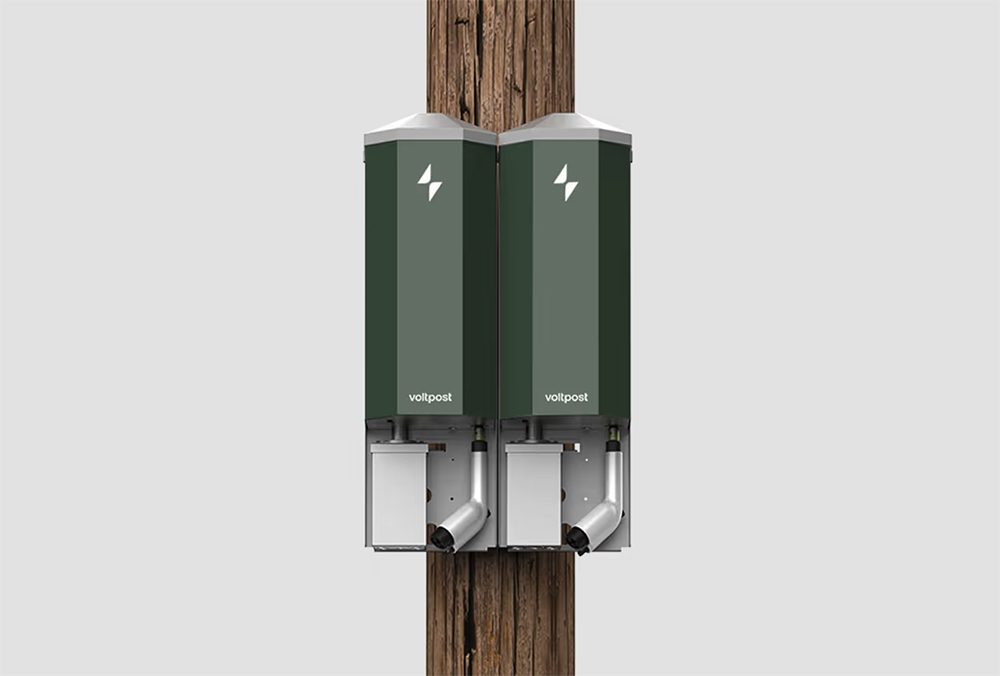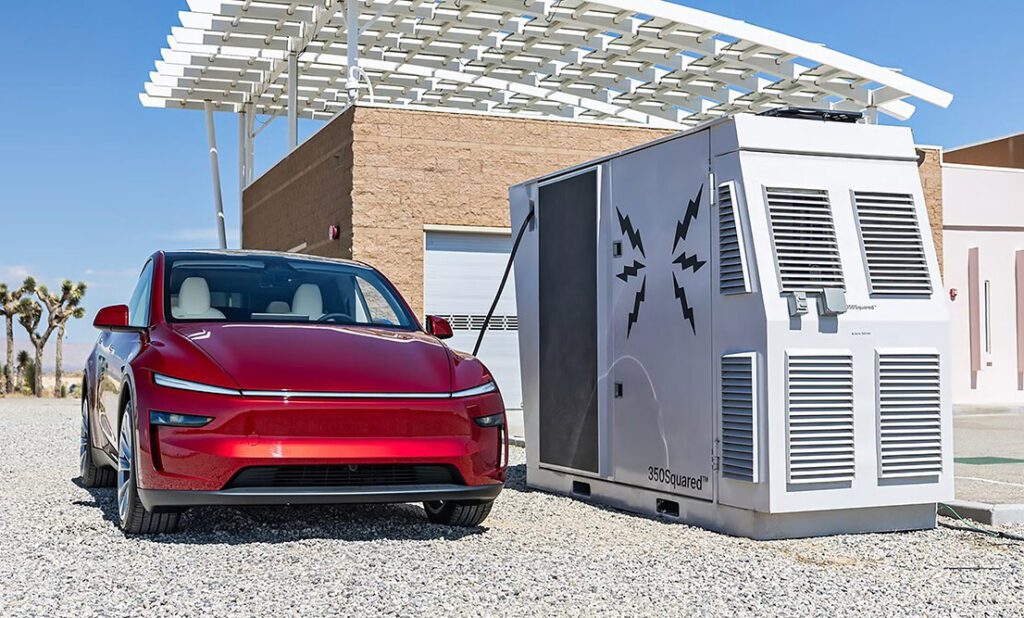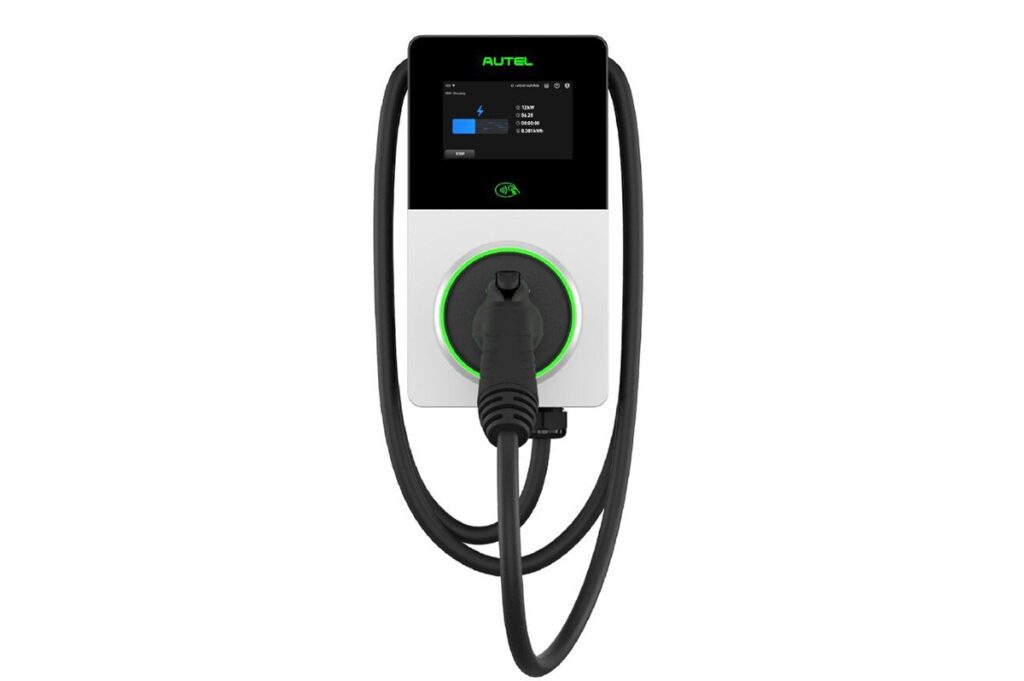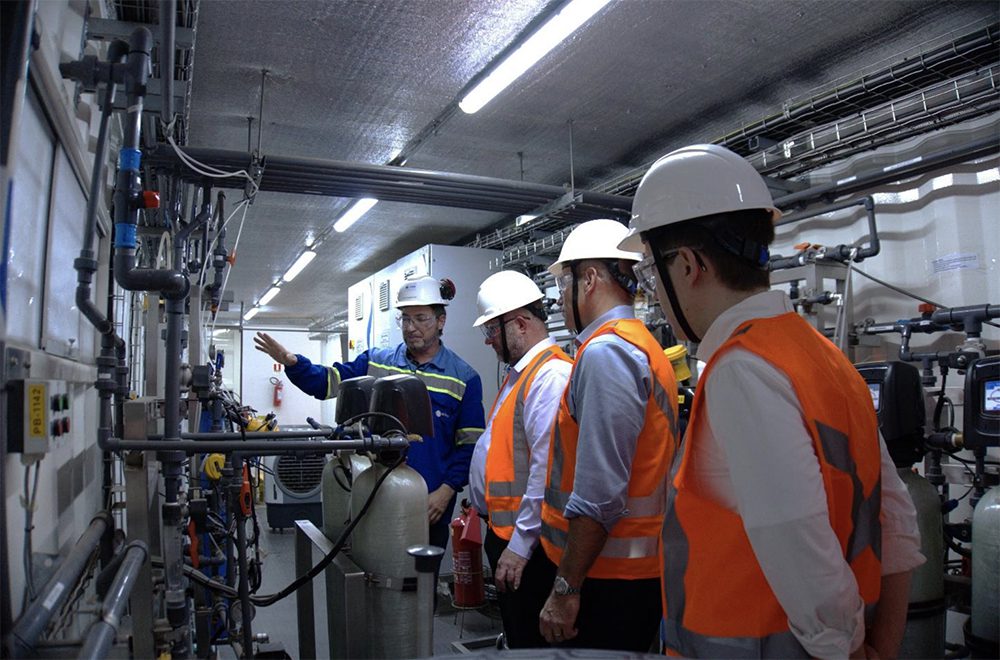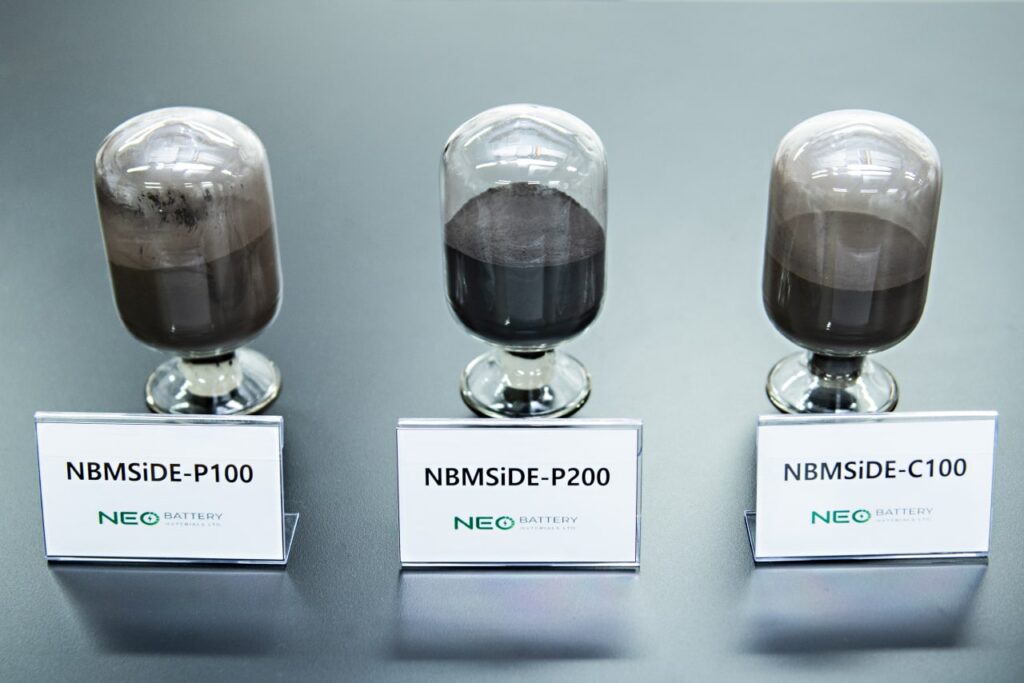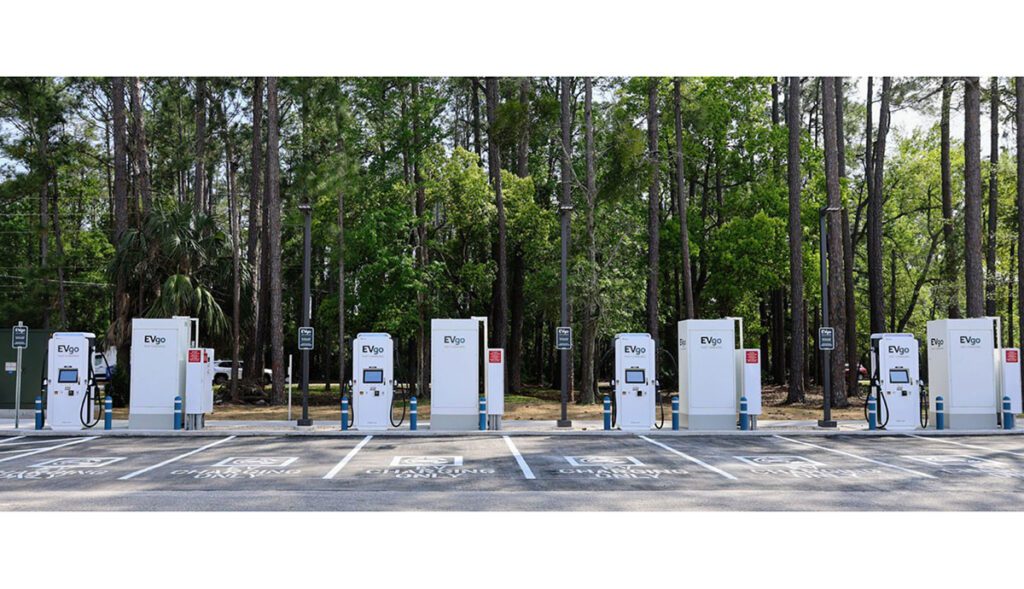onsemi has announced the introduction of vertical gallium nitride (GaN) power semiconductors, based on its proprietary GaN-on-GaN technology. This new vertical GaN architecture enables current to flow vertically through the compound semiconductor, supporting higher operating voltages and faster switching frequencies. According to onsemi, this technology sets a new benchmark for power density, efficiency and ruggedness in high-power applications, including electric vehicles, AI data centers and charging infrastructure.
The vGaN solution fabricated at onsemi’s Syracuse, New York facility includes devices rated at 700 V and 1,200 V, which are currently being sampled to early access customers. The company claims that this approach reduces energy loss and heat, achieving a nearly 50 percent reduction in losses compared to existing solutions. The vertical current flow design allows for higher voltage operation on a monolithic die, potentially reducing the size and mass of supporting components such as capacitors and inductors.
Compared to commercially available lateral GaN devices, vGaN can achieve three times smaller device footprints while providing greater thermal stability and robust reliability under demanding operating conditions.
“Vertical GaN is a game-changer for the industry and cements onsemi’s leadership in energy efficiency and innovation,” said Dinesh Ramanathan, Senior Vice President of Corporate Strategy at onsemi. “With this breakthrough, onsemi is defining the future where energy efficiency and power density are the currency of competitiveness.”
Source: onsemi




